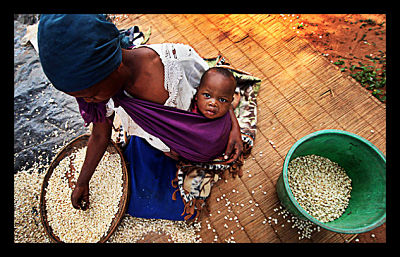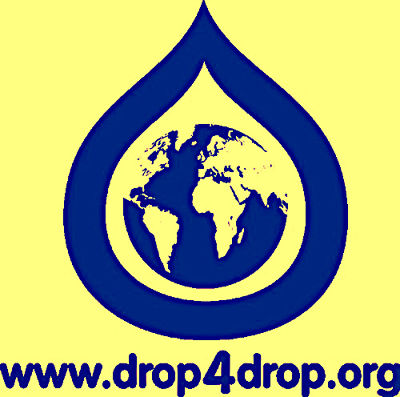
Buy one get one free, limited time sales, 20% off; these are all common sales terms that we see everyday. Promotions, something to give a customer that extra incentive to purchase a product, simple sales strategies. Well, what if that promotion involved saving lives? Drop 4 Drop is doing just that.
Drop 4 Drop is a non-profit that teams up with businesses and individuals to help balance their water use by creating innovative business offers. One example is the upcoming promotion that has been organized between Drop 4 Drop and Airconergy. March 22nd was International World Water Day, a United Nations created day, that encourages people to focus on the importance of fresh drinking water and water security in the world.
Airconergy has pledged that they will give the funds needed to build a new freshwater well for every 100 of their HVAC chips that they sell that day. Each well would be able to provide water for an estimated 2,000 people. Conscience marketing has been done before, and it is huge. Fair trade product like coffee and jewels are good examples, but this sort of promotion takes that one step further. Some may say that this sort of “promotion” is simply good advertising and business savvy. Granted that it may not be the exactly the same thing as simply building a number of wells, but it is a fantastic move within the for-profit world to help people living in severe poverty. So, if you need any HVAC chips…
– Kevin Sullivan
Source: Beaumont Enterprise
Photo: Twibbon.com

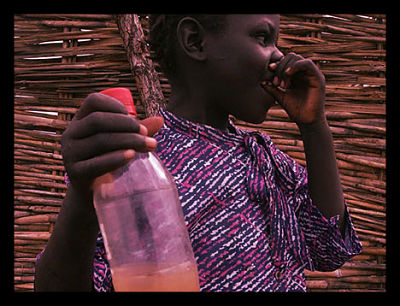
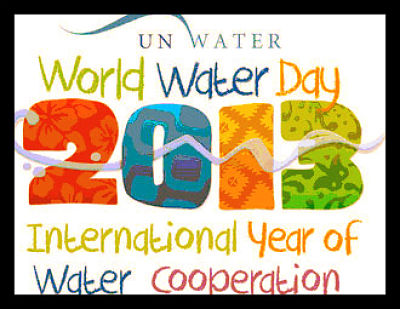
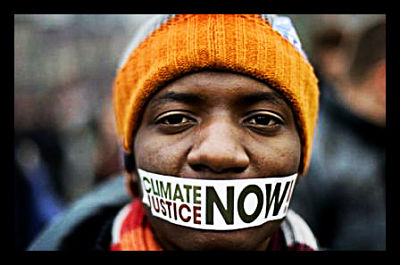
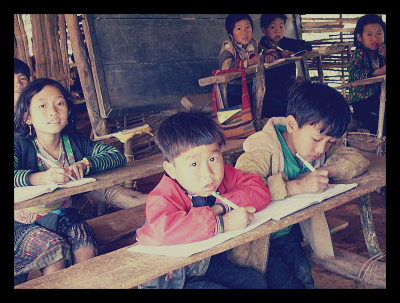 According to a new study released by the United Nations, global poverty has seen drastic decreased in recent times, and “up to 80 percent of the world’s middle class will live in developing countries by 2030.”
According to a new study released by the United Nations, global poverty has seen drastic decreased in recent times, and “up to 80 percent of the world’s middle class will live in developing countries by 2030.”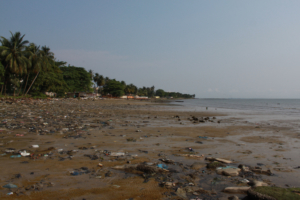 A report released by the UN warns that the number of people in extreme poverty could rise by 3 billion in 2050 unless immediate action is taken to combat environmental threats.
A report released by the UN warns that the number of people in extreme poverty could rise by 3 billion in 2050 unless immediate action is taken to combat environmental threats. According to a new study, green energy is the only sustainable solution in eradicating poverty for a large number of the world’s poor and preventing “a climate disaster.”
According to a new study, green energy is the only sustainable solution in eradicating poverty for a large number of the world’s poor and preventing “a climate disaster.”
